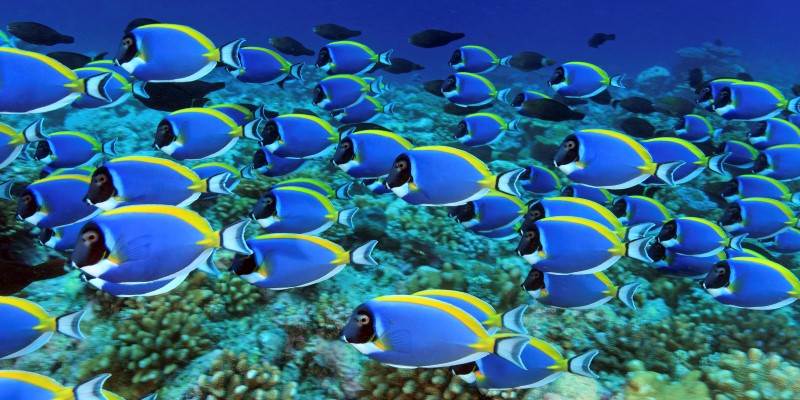The Ocean, the Earth's most vital resource, is threathened. Fisheries crime and destructive fishing practices have halved the world's fish stock.
Greenhouse gas emissions cause ocean acidification. 8 million tons of plastic are dumped in our oceans every year.
Marine pollution
The high-level United Nations Conference to Support the Implementation of Sustainable Development Goal 14: Conserve and sustainably use the oceans, seas and marine resources for sustainable development convened at United Nations Headquarters in New York from 5 to 9 June 2017. It coincided with World Oceans Day, to support the implementation of Sustainable Development Goal 14.
Here are Norway's 11 vountary commitments from the Ocean Conference (.pdf).
The Conference aimed to be a game changer that will reverse the decline in the health of our ocean for people, planet and prosperity.
It encompassed many aspects of marine management, such as sustainable fisheries, research and pollution. A separate Partnership dialogue was devoted to addressing marine pollution. The session was led by Norway's Minister of Climate and Environment Vidar Helgesen and Indonesia's Coordinating Minister for Maritime Affairs Luhut Binsar Pandjaitan.
"Plastic in the ocean is one of the world's fastest growing environmental problems. It has major consequences for life in the sea and for the world's economies" Minister Helgesen said.
Global Goals
The problems under water are so devastating they have to be solved on land.
That is why the UN and the world have adopted a set of goals to:
- End illegal and unregulated fishing.
- Take restorative action in order to achieve healthy and productive Oceans by 2020.
- Reduce marine pollution of all kinds by 2025.
